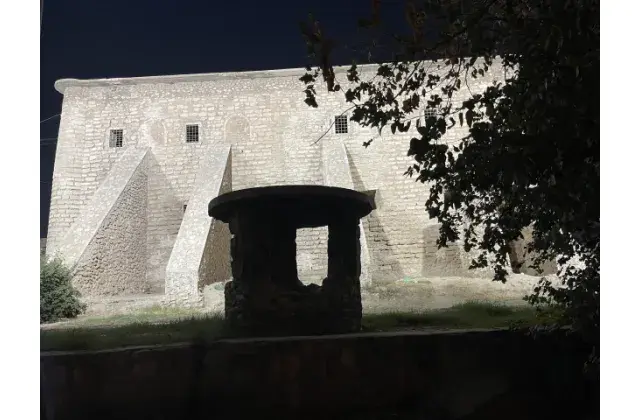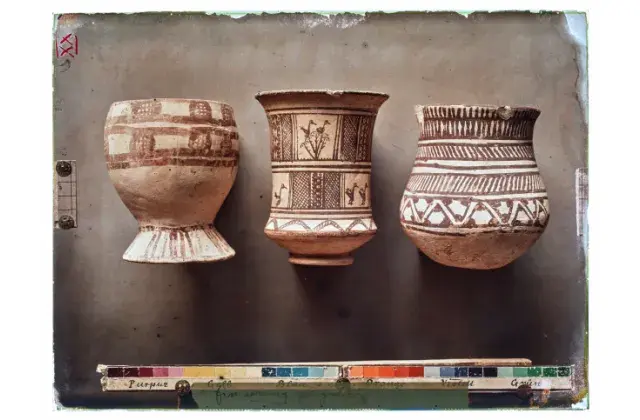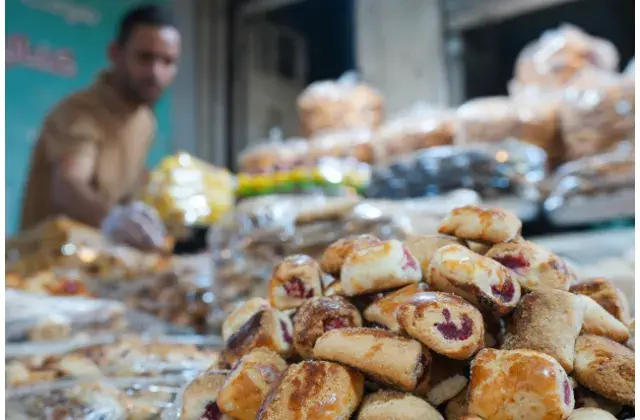Cultural Diversity in Iraq: Embracing the Tapestry of Ethnic Traditions
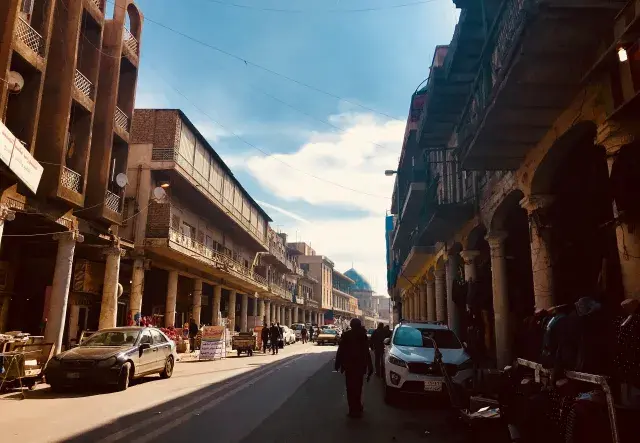
Iraq, frequently in the global spotlight for political and social reasons, but do you know that Iraq is a country that boasts a rich and intricate tapestry of cultural diversity? Situated at the crossroads of history, it has been home to numerous civilisations, each leaving an indelible mark on its cultural landscape. According to the latest data from the Central Statistical Organisation of Iraq, the nation is home to over 18 distinct ethnic groups.
Beyond the headlines and the turmoil that too often define Iraq's image, there lies a world brimming with hidden treasures. It is a world where unique traditions flourish.
Let us explore the hidden treasures within Iraq's culture and the vibrant world of Iraq's cultural diversity, delving into the various ethnic traditions that make it unique.
Mesopotamian Roots and Modern Diversity
Iraq's roots and history stretch back to ancient Mesopotamia, often referred to as the “Cradle of Civilisation.” The Sumerians, Akkadians, Babylonians, and Assyrians all left their indelible mark on this land. Despite its ancient roots, Iraq is also home to a diverse array of contemporary ethnic groups, including Arabs, Kurds, Turkmen, Assyrians, Yazidis, and more. This current diversity stands as evidence of the country's history of welcoming and accommodating different cultures, backgrounds, and ethnicities.
Each of these ancient civilizations contributed to the rich tapestry and cultural diversity of present-day Iraq. In addition to the architectural marvels left behind by these ancient civilizations, such as the ziggurats and the Code of Hammurabi, which continue to fascinate the world. Each city in Iraq has its own culture and stories, starting from Baghdad and the bustling heart of historic Al-Mutanabbi Street, a vibrant and diverse community of booksellers that has thrived for generations. Known as the Al-Rasheed Street Book Market, this cultural place is a testament to the enduring love for literature that transcends ethnic and religious boundaries.
In the southern city of Basra, Iraq, there exists a remarkable institution known as the “House of Iraqi Culture.” Founded in 2010 by a group of passionate individuals from various ethnic backgrounds, this cultural center is dedicated to preserving and promoting the rich heritage of Iraq's diverse communities.
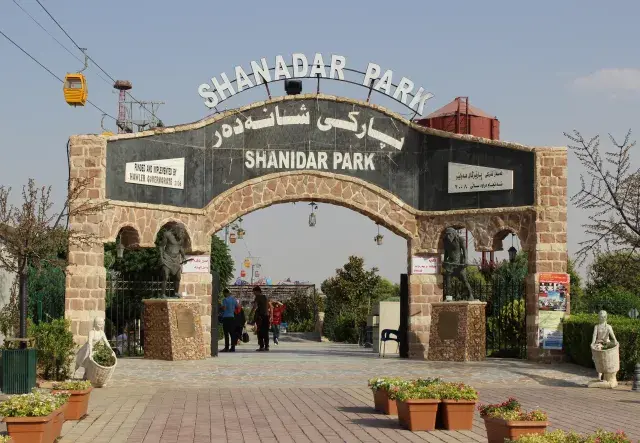
In the north, specifically in the heart of the ancient city of Erbil, the capital of the Kurdistan Region of Iraq, stands Shanidar Park, a testament to the resilience and harmony among various ethnic groups in the region. This park, named after the nearby Shanidar Cave, which is famous for Neanderthal remains, serves as a symbol of unity and cooperation among Kurds, Arabs, Turkmen, Assyrians, and other ethnic communities.
These places and those people stand as living testaments to the rich tapestry of cultures that Iraq holds within its borders.
The Legacy of Arab Influence
The Arab conquest of Iraq in the 7th century brought the Arabic language, Islamic culture, and traditions to the region. As a result, Arabs make up the majority of Iraq's population, constituting approximately 75-80% of the country's demographic, according to the CIA World Factbook, and have played a significant role in shaping the country's culture.
Iraqi Arab culture is a vibrant blend of traditional and modern elements. The influence of Arab culture remains evident in the everyday lives of Iraqis, from the Arabic language spoken by the majority to the Islamic faith practiced by many. On the other hand, Arab traditions, including cuisine, music, and literature, are widely celebrated.
Exploring the Rich Flavours of Traditional Iraqi Cuisine
Iraqi cuisine is a testament to the country's diverse cultural influences and showcases a blend of flavours from various civilisations that have thrived in the region. Popular dishes are biryani, dolma, tashreeb, falafel, masgouf, and various rice-based dishes. Bread, particularly samoon and khubz, is a staple element of the Iraqi diet. The diverse array of spices, herbs, and cooking techniques used in Iraqi cuisine make it a true gastronomic adventure.
As the matter is not limited to food only, there is something that Iraqis are fond of, and it is not possible to complete the meal without it: the “Love for Tea”, the Iraqi Chai. Iraqis share a deep love for tea, a common thread that binds them across ethnic backgrounds. Whether it is the strong, dark chai served in tiny glasses or the herbal teas infused with mint and cardamom, tea is a symbol of hospitality and social interaction in Iraq.
It is important to note that regional variations exist within Iraqi cuisine, influenced by the geography and ethnic diversity of the country. For example, Kurdish, Arab, and Turkman cuisines all contribute to the overall culinary tapestry of Iraq. Despite the challenges the country has faced in recent years, traditional Iraqi cuisine remains an essential part of its cultural heritage and identity.
Harmony in Diversity: Iraq's Resilience and Coexistence
Despite the richness of cultural diversity and the wide range of ethnic groups, including Arabs, Kurds, Turkmen, Assyrians, Chaldeans, Yezidis, Shabaks, Mandeans, and Armans, the country has faced significant challenges in recent decades, including conflict and instability. These challenges have sometimes strained the relationships between different ethnic and religious groups.
However, it is essential to recognise that Iraq's cultural diversity is also a source of resilience. Communities have often come together to protect and preserve their traditions in the face of adversity. For example, during the ISIS occupation of Mosul and the Nineveh Plains, diverse communities, including Christians and Muslims, worked together to protect historic sites and manuscripts.
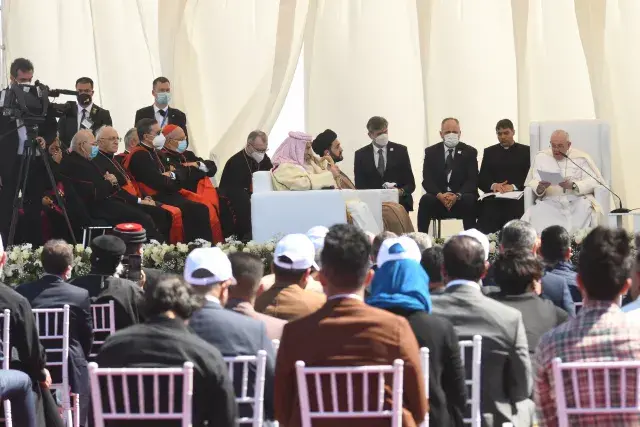
In this context, the visit of Pope Francis to Iraq in 2021 took on immense significance. It served as a symbol of hope and a call for peaceful coexistence among Iraq's diverse communities. During his visit, Pope Francis met with religious leaders from various denominations, emphasising the importance of interfaith dialogue and collaboration.
We cannot close our eyes to the fact that we exist in a world where cultural homogenisation sometimes seems inevitable. Iraq serves as a beacon of hope. Its diverse ethnic groups and their traditions demonstrate that coexistence is possible, and indeed, it can be a source of strength and resilience.
In the end, it is important to understand that Iraq's cultural diversity is a testament to the country's rich history and the resilience of more than 43 million Iraqis. The blend of ancient Mesopotamian, Arab, Kurdish, Turkmen, Chaldean, and Assyrian traditions creates a unique tapestry that defines the country's identity. Despite the challenges, Iraqis continue to celebrate their diverse heritage, fostering unity and understanding among different ethnic groups. Embracing this cultural diversity is not only a source of pride for Iraqis but also a symbol of hope for a brighter, more harmonious future.
This article was written by Fatima Oleiwi and is licensed under CC BY-NC 4.0.




